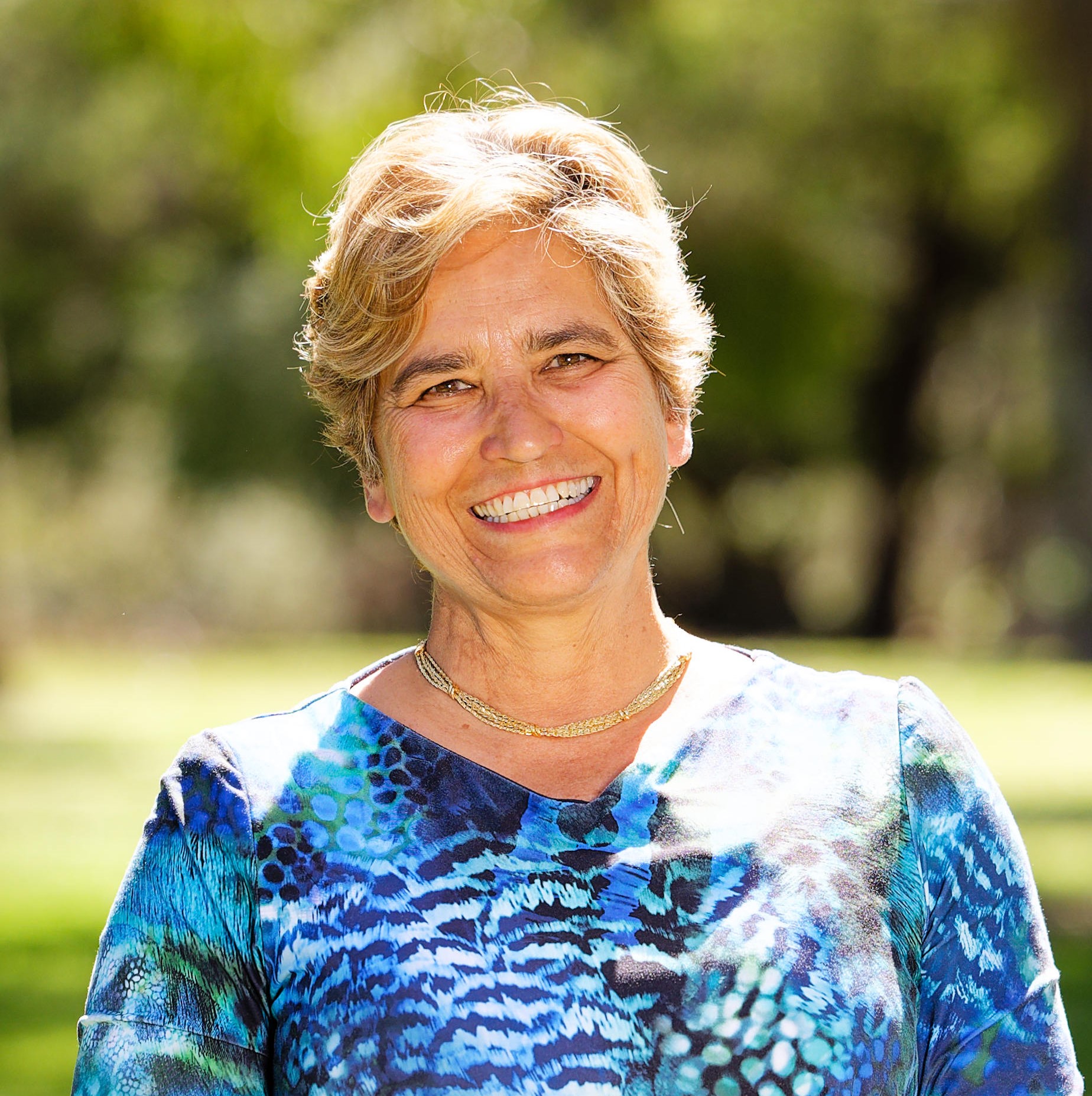Search
Research
Comparison of neonatal T regulatory cell function in Papua New Guinean and Australian newbornsWe compared neonatal T reg from children born in western conditions (Australia) with those of neonates born in high microbial conditions (Papua New Guinea)...
Research
A novel role for interleukin-1 receptor signaling in the developmental regulation of immune responses to endotoxinSuggests that IL-1R1 expression provides an additional level of Myd88-dependent signaling during this period of heighted susceptibility to infection.
Research
T-cell activation genes differentially expressed at birth in CD4+ T-cells from children who develop IgE food allergyTo show underlying mechanisms, we examined differences in T-cell gene expression in samples at birth and at 1 year in children with and without IgE allergy.
Research
The relationship between maternal folate status in pregnancy, cord blood folate levels, and allergic outcomes in early childhoodThis study examined whether maternal and/or fetal folate status in pregnancy is associated with infant allergic outcomes.
Research
The role of family and maternal factors in childhood obesityThe aim of this study was to investigate the relationship between a child's weight and a broad range of family and maternal factors.
Research
The effects of maternal smoking on early mucosal immunity and sensitization at 12 months of ageIn this study, we examined the effects of maternal smoking as a major adverse exposure in early life, on mucosal immune function and allergen sensitization...

Research
The CASHEW Study - Introducing Cashew Nuts During InfancyDebbie Susan Palmer Prescott BSc BND PhD MBBS BMedSci PhD FRACP Head, Nutrition in Early Life Honorary Research Fellow debbie.palmer@uwa.edu.au
Research
Probiotic peanut oral immunotherapy versus oral immunotherapy and placebo in children with peanut allergy in Australia (PPOIT-003): a multicentre, randomised, phase 2b trialOral immunotherapy is effective at inducing desensitisation to allergens and induces sustained unresponsiveness (ie, clinical remission) in a subset of patients, but causes frequent reactions. We aimed to investigate whether addition of a probiotic adjuvant improved the efficacy or safety of peanut oral immunotherapy.
Research
“Coronavirus Changed the Rules on Everything”: Parent Perspectives on How the COVID‐19 Pandemic Influenced Family Routines, Relationships and Technology Use in Families with InfantsThis study explores how the first wave of the COVID‐19 pandemic influenced family routines, relationships and technology use (smartphones and tablet computers) among families with infants. Infancy is known to be an important period for attachment security and future child development, and a time of being susceptible to changes within and outside of the family unit.
